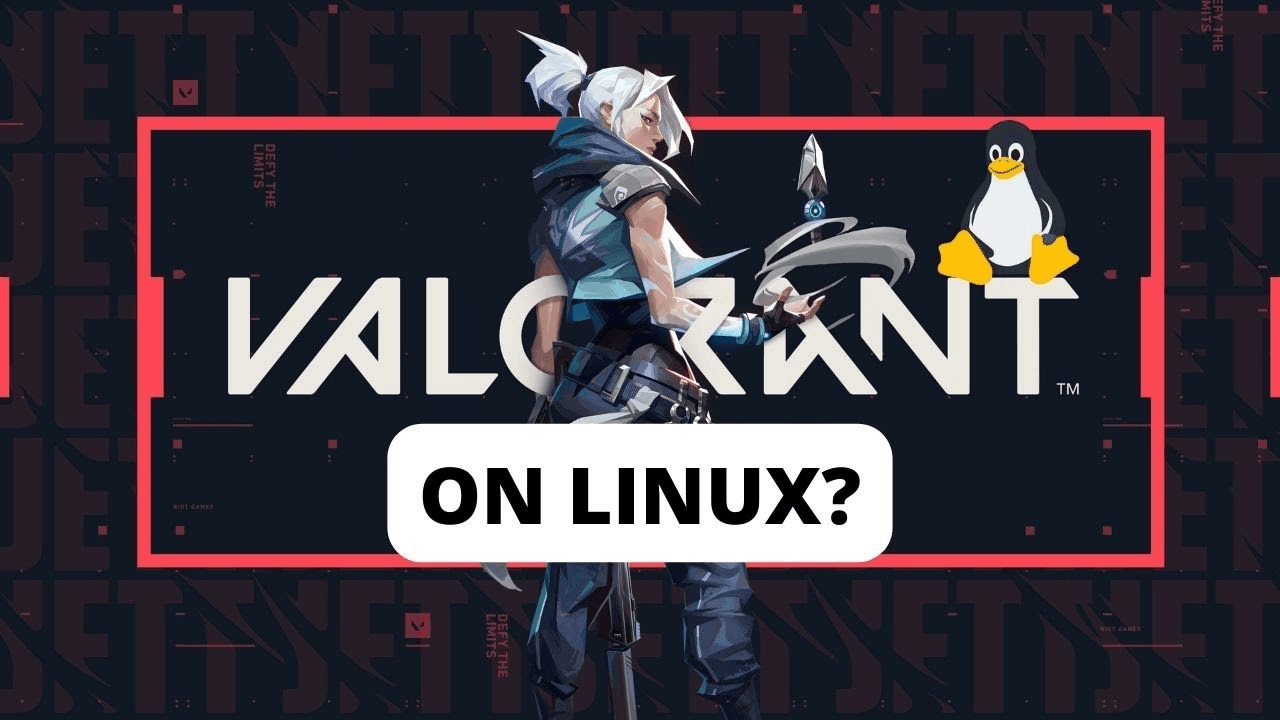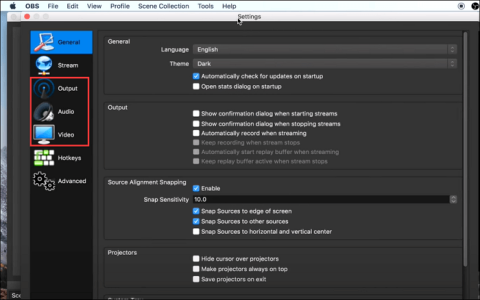Alright guys, so I’ve been seeing a lot of questions online about whether you can actually play Valorant on Linux. And honestly, I was curious too! So, I decided to give it a shot and see if I could get it working. Here’s how my whole adventure went down.
The First Hurdle: Anti-Cheat
The biggest thing I knew going in was that Valorant’s anti-cheat system, Vanguard, is a real pain. It’s super strict and runs at the kernel level, which basically means it has deep access to your system. This is a problem for Linux because, well, Linux isn’t Windows, and Vanguard is designed specifically for Windows.

Trying Wine/Proton (Spoiler: It Didn’t Work)
My first thought, like most Linux gamers, was to try using Wine or Proton. These are compatibility layers that let you run Windows programs on Linux. I spent a good few hours messing around with different versions, tweaking settings, and basically banging my head against the wall. No dice. Vanguard just wouldn’t play nice. It kept throwing up errors and preventing the game from launching.
Looking into Virtual Machines
Next thing I am thinking about is using Virtual Machines. Here is what I have done step by step:
- Get a Windows ISO:
You need the install file.
- Install a VM software:
I picked virt-manager.
- Setup:
Configuring a new VM and loading up the ISO, it is pretty straight-forward, just follow the on-screen guide.
- Install Valorant:
After a whole Windows installation, you will need to download the game just like how it works in Windows.
- Launch and play!
Finally I can play it!
My Conclusion? It’s a Mixed Bag
So, can you play Valorant on Linux? Technically, yes, it is through a VM, which I just showed you. It’s a bit of a hassle to set up, but it does work. It’s not as straightforward as just installing and playing, but hey, it’s something! If you’re really determined, you can give the VM route a try. Otherwise, you might just have to stick to dual-booting or having a separate Windows machine for your Valorant fix.














